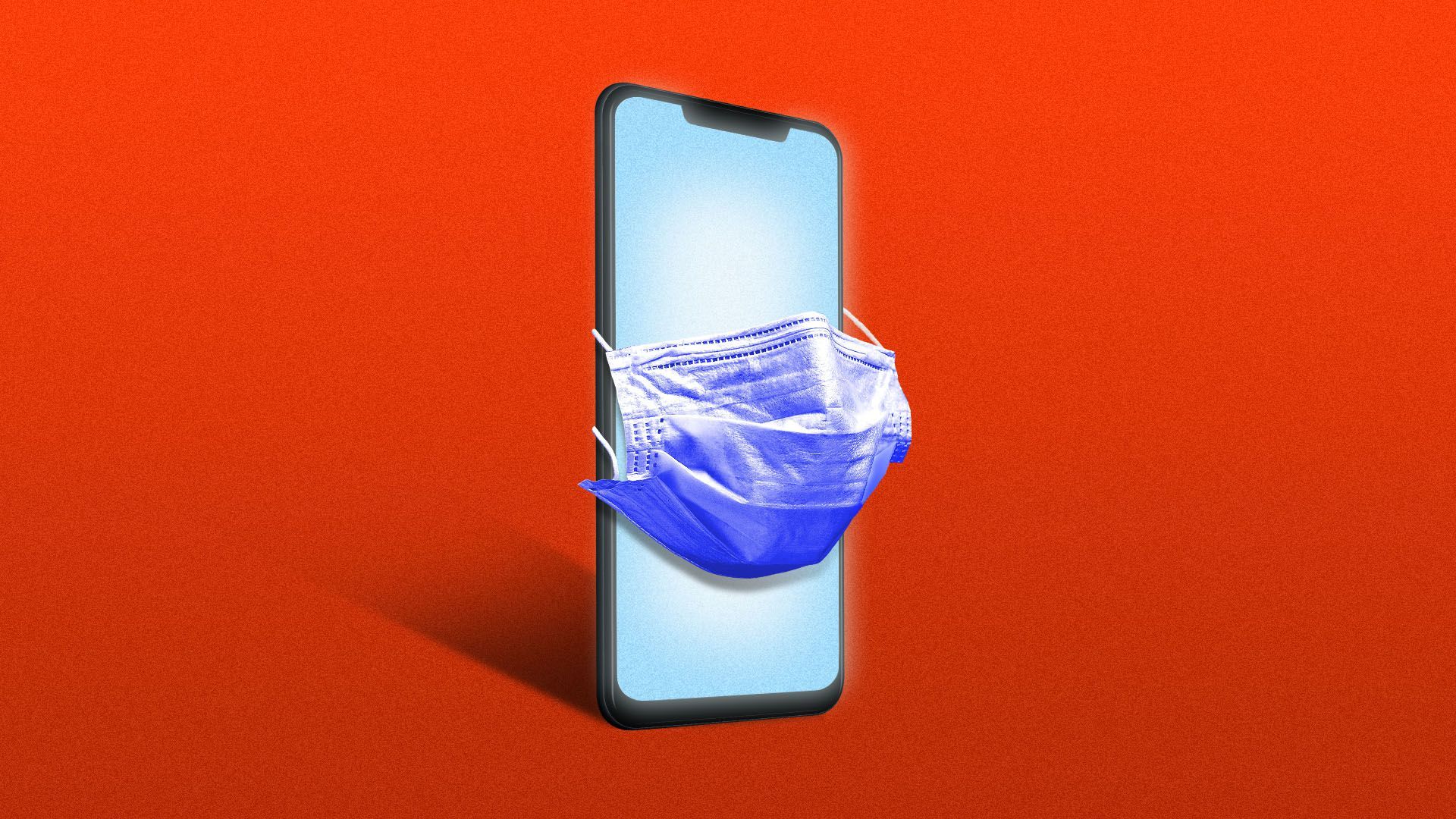The gig economy is trying to solve health care's burnout crisis
Add Axios as your preferred source to
see more of our stories on Google.

Illustration: Sarah Grillo/Axios
Amid a nationwide nursing shortage and burnout crisis, tech companies say they could be part of the solution by allowing nurses to essentially join the gig economy.
Why it matters: Demand is accelerating for tools that help hospitals more efficiently fill shifts, while also offering an exhausted workforce more flexibility.
"We're trying to keep these people in the industry," Will Patterson, CEO of CareRev, a health care staffing platform, told Axios.
The big picture: The nursing workforce was facing a shortfall of roughly 200,000 nursing professionals even before the Great Resignation hit.
- As health care workers retired, changed jobs or called out sick en masse due to COVID, many hospitals were left scrambling and filling the gaps with high-cost travel nurses.
- But there are often more health care workers available locally. "There's this huge disconnect between supply of local professionals and the health care systems," Patterson said.
Between the lines: A lot of money has flowed into these sorts of models in the last year.
- Nurse staffing app connectRN raised $76 million in VC cash last month, and TrustedHealth raised $149 million in November.
- Meanwhile, ShiftMed raised $45 million in October, Nomad netted $63 million in September and CareRev completed a $50 million Series A funding round in April.
How it works: In the example of CareRev, a mobile app directly credentials and connects health care professionals looking for work to health systems looking to fill shifts.
- The facilities pay workers through CareRev, plus a percentage and subscription fee.
But, but, but: Of course, there have been plenty of concerns raised about how well workers actually fare in gig employment, as benefits and workers' rights can be sparse and wages can ultimately be driven down.
- Patterson said he believes the marketplace for nurses is much different than the likes of the Ubers of the world, and that nurses are ultimately empowered by becoming independent contractors.
- As a former nurse, he said it is not uncommon for some health systems to cancel shifts at the last minute, forcing workers to remain available to come in while being forced to use their own paid time off.
- "It was a one-way street. I think the nursing population is fed up with that. They don't want to be mistreated anymore," he said. "People want to work for themselves in this industry."
